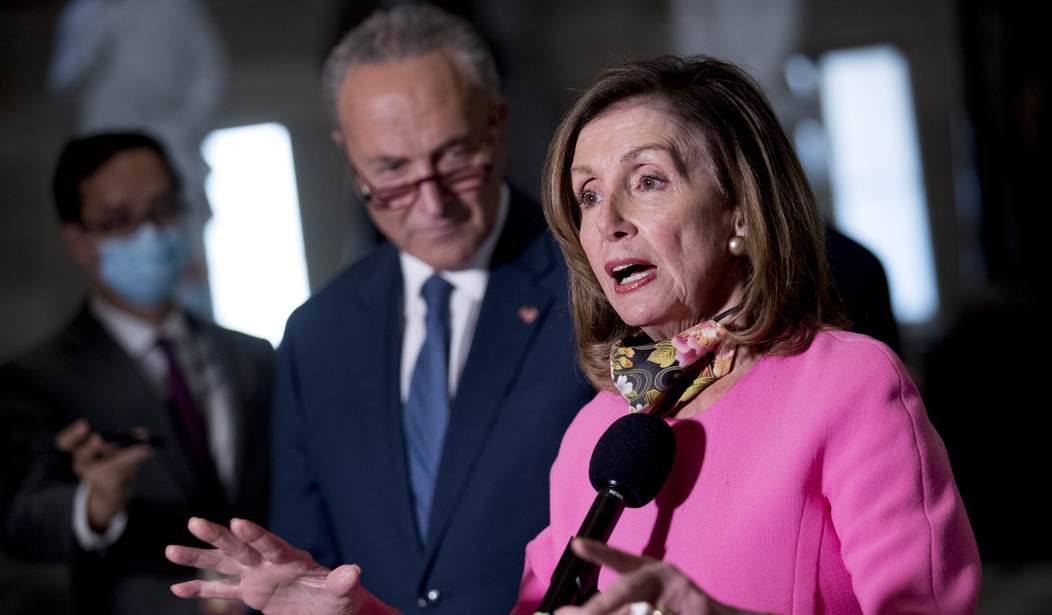House Speaker Nancy Pelosi and Treasury Secretary Steven Mnuchin reached an agreement to fund the government through December 11. The two sides were rushing to beat a September 30 deadline when some government agencies would have been forced to shut down due to a lack of funds.
Almost immediately after the announcement, the House voted 359-57 in favor of the deal.
Speculation now turns to negotiations over a pandemic stimulus bill that is taking shape among a bipartisan group of lawmakers who are trying to convince their party leaders that another stimulus bill is needed.
But that bill is still a longshot as both Pelosi and Donald Trump are refusing to budge from their core positions. Pelosi wants at least $2.2 trillion with half a billion to bail out states. Trump wants the state bailout in a separate bill and won’t even consider going as high as $2 trillion.
If they can’t get anything done in the next week, any stimulus measure would have to wait until the lame duck session after the election.
The agreement includes tens of billions in funds for the Commodity Credit Corporation — a priority for Republicans and bipartisan members from agricultural states and districts, which will replenish crucial aid to farmers. The aid will come with some restrictions, after Democrats raised concerns that the money was being utilized by the Trump administration to distribute funds to favored political interests.
The measure also includes nearly $8 billion in nutrition assistance — a central Democratic priority during the negotiations.
“We have reached an agreement with Republicans on the (continuing resolution) to add nearly $8 billion in desperately needed nutrition assistance for hungry schoolchildren and families,” Pelosi, a California Democrat, said in a statement Tuesday. “We also increase accountability in the Commodity Credit Corporation, preventing funds for farmers from being misused for a Big Oil bailout.”
Republican senators were getting antsy about funding the CCC, which was set up to “stabilize, support, and protect farm income and prices.” Those price supports are vital with farm income going into a nosedive.
And they’re vital for vulnerable heartland GOP senators who needed the funding to shore up their support in rural areas.
What finally got the ball rolling on the funding agreement was simple politics; neither party wanted to play chicken with the voters and shut down the government in an election year. The GOP gave a little on farm aid and Democrats lowered their numbers on nutrition assistance, which broke up the legislative logjam and led to a bill.
This is but a preview to the real show during the lame-duck session. The next funding bill will be considered in the context of who won and who lost the election — not just president but the Senate and House as well. While Republicans will maintain their Senate majority through the first of next year regardless of the election’s outcome if Democrats flip the Senate, the cry will go up to “listen to the voice of the people” and do whatever the Democrats want. Lame-duck GOP lawmakers will probably give in and the spending party will have begun.










Join the conversation as a VIP Member